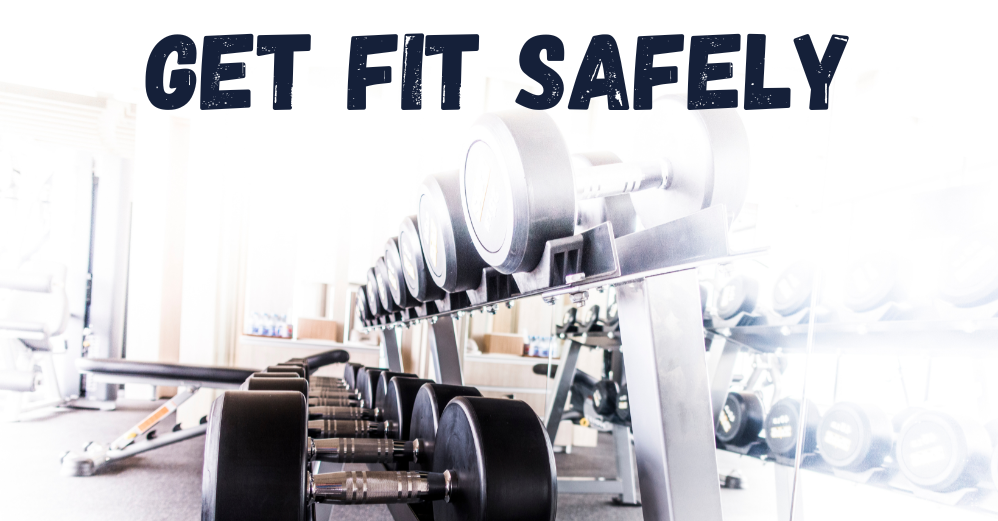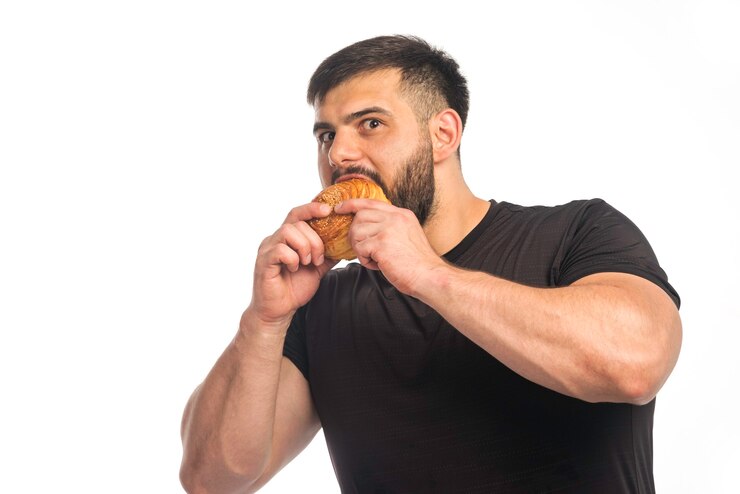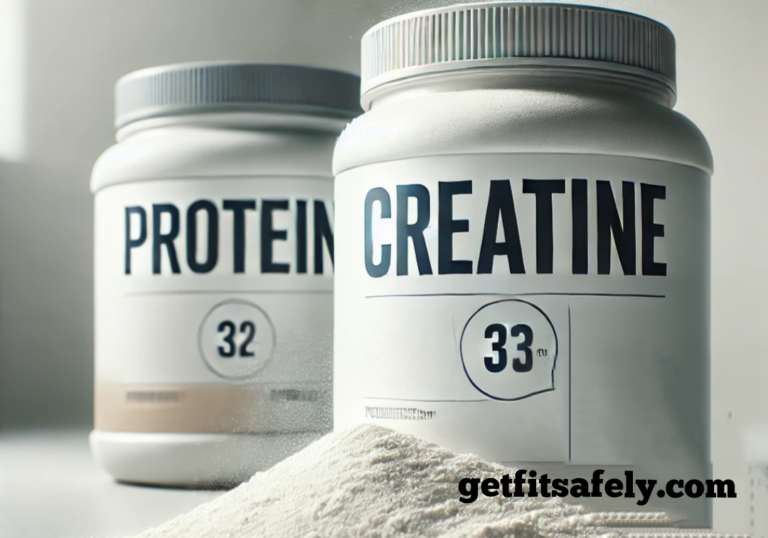You wake up on your rest day thinking it’ll be chill…
And yet here you are, opening the fridge every 30 minutes like it holds a magical portal to an endless cheat meal.
And the crazy part?
Yesterday you crushed chest, shoulders, and triceps, 18 sets total, walked out of the gym with your arms trembling like an old blender… and still had less hunger than you do now.
How is that even possible?
Weren’t you supposed to be starving on training days?
Hold on, let me explain.
You’re not losing your mind—this is physiology, not a whim.
The metabolic debt isn’t paid instantly
Let’s start here: your body isn’t Amazon Prime.
It doesn’t deliver everything “by today” and it doesn’t work in perfect 24-hour cycles.
That brutal workout you did yesterday doesn’t end the second you rack the bar.
Your body keeps processing it afterward.
Muscle repair
Glycogen replenishment
Hormonal rebalancing
Protein synthesis
All of this requires energy, and it often happens right on your rest day.
So yes, even if you haven’t done a single push-up today… your body is still “working” internally.
And guess what? That work needs calories.
Sympathetic vs parasympatheti: the big switch
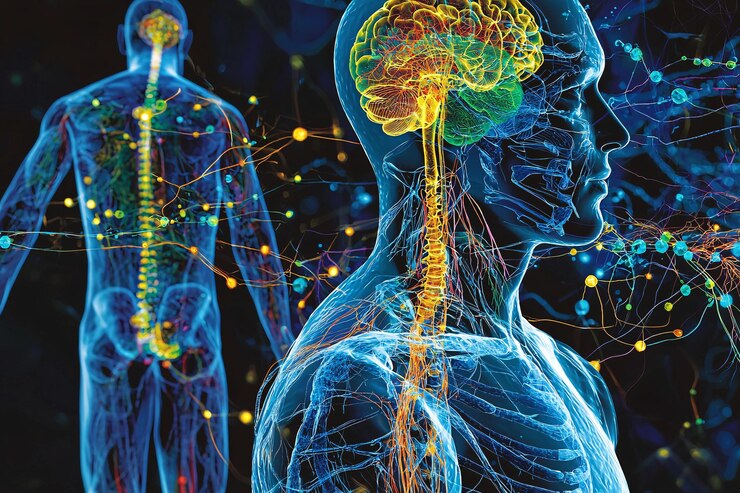
When you train, your body is under sympathetic nervous system mode: the “fight or flight” system.
You’re pumped.
Focused.
Stimulated.
Your body is busy surviving the stress of training.
And hunger?
Yeah, kind of on pause.
But when rest day hits… the body shifts into the parasympathetic system, the classic “rest and digest” mode.
Cortisol drops, tension fades… and bodily sensations start to kick in.
You’re hungry, period.
Because now your body is allowed to feel it.
And if yesterday you were too busy sweating to notice, today that hunger shows up like an impatient old friend: “Yo bro, remember pizza?”
Ghrelin, the invisible beast
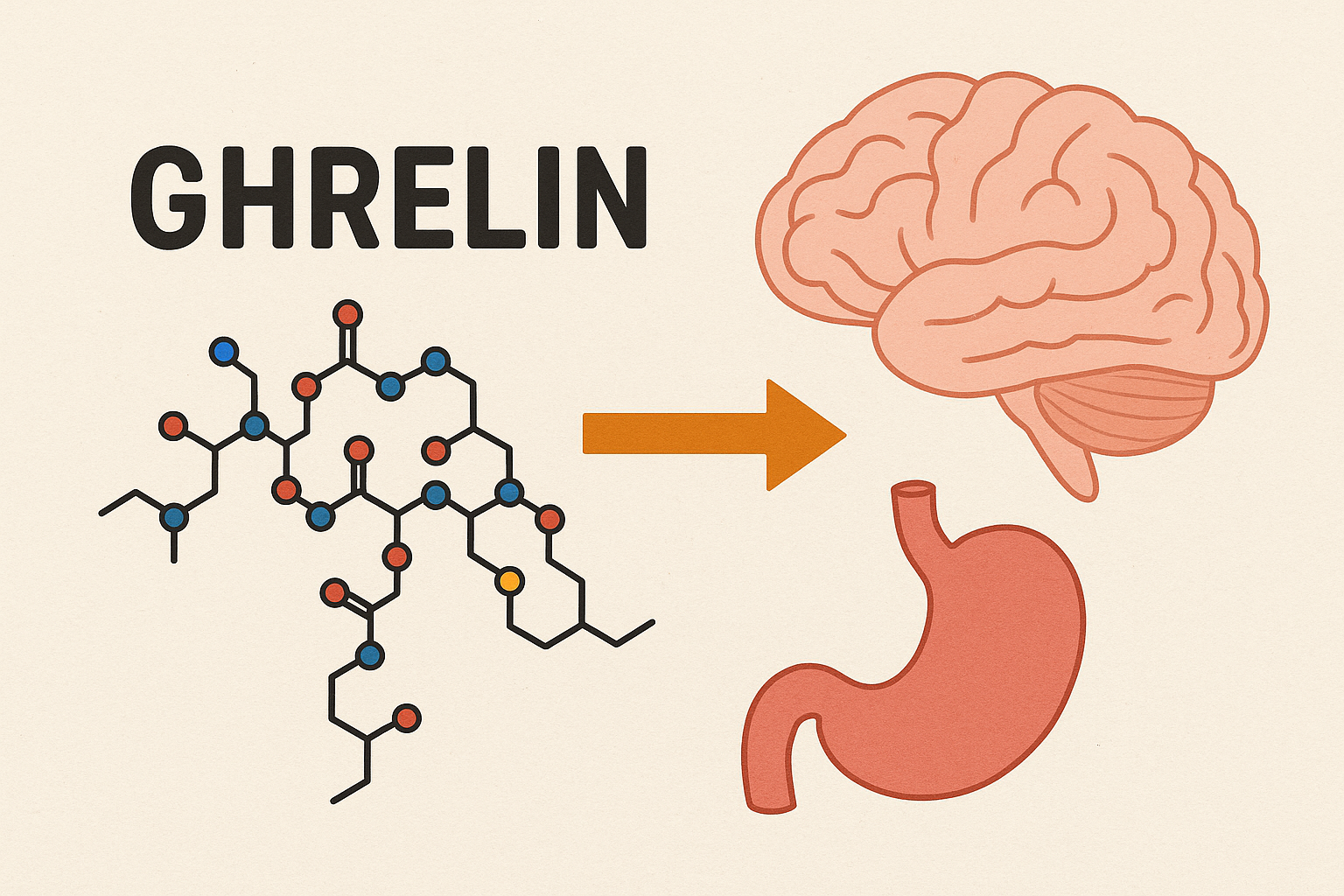
Ghrelin is the hunger hormone.
Your body releases it when it needs energy, and… let’s just say it gets pretty active on rest days.
Why?
- Because you’re repairing damaged muscles
- Because you slept poorly (sleep affects both ghrelin and leptin)
- Because maybe you skipped breakfast thinking, “I’m not training today anyway”
Boom.
You’ve triggered the perfect hormonal storm.
And that hunger you feel?
It’s not in your head. It’s biochemical.
Your body’s saying: “Hey, I need energy to fix the mess you made with those heavy military presses yesterday. Feed me or I slow everything down.”
You’re more mentally present… so you notice hunger more
Another simple but hugely underrated reason: you’re less distracted.
When you’re training:
- You’ve got a plan
- You’ve got a goal
- You’ve got focus
- And maybe some caffeine in your bloodstream
Hunger takes the back seat.
But on your off days?
You’re home
You’re scrolling TikTok or Instagram
You might be a little bored
You’ve got more time to feel your body.
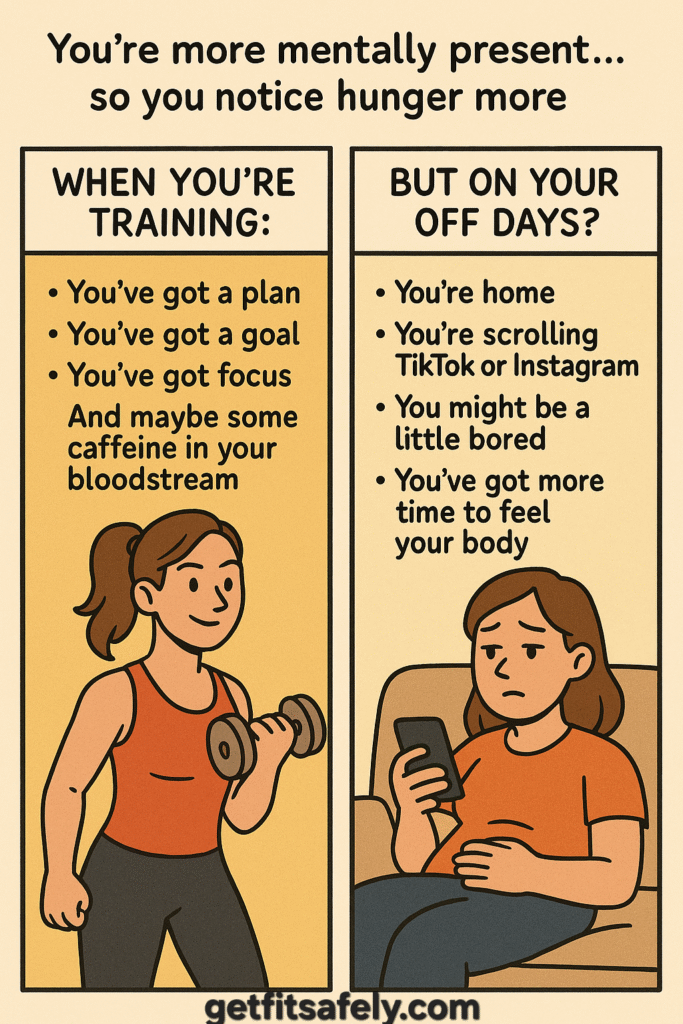
Muscle recovery burns energy (a lot of it)
This is something most workout plans never really talk about.
Recovery costs energy.
More than you think.
Protein turnover increases.
Building new muscle fibers requires amino acids and energy.
The immune system even joins the adaptation process.
The bottom line?
On rest days, even if you’re not actively burning calories, you’re still using energy metabolically.
That’s why your body speaks up. With real hunger.
So should I eat more even on rest days?
It depends.
If you’re in a serious bulking phase and trying to build, you probably don’t want to restrict calories too much on rest days.
A lot of people do classic “carb cycling” (more carbs on workout days, less on rest days), but if you’re already lean, with a high metabolism and trying to grow… that strategy might slow you down.
On rest days, you might even increase calories, especially if the day before was a brutal workout.
Recover well today = train better tomorrow = gain more mass long-term.
Hunger or not, the logic of growth isn’t just about “what you burned.” It’s about what you’re building.
My approach (and why I don’t freak out anymore)
Here’s how I manage rest-day hunger without spiraling:
- I never skip breakfast (classic mistake that triggers ravenous hunger at 4PM)
- I keep protein intake consistent, even on off days (minimum 2.2g/kg of body weight)
- I include slow carbs in main meals (oats, rice, potatoes)
- I often slightly increase healthy fats (peanut butter, olive oil, avocado) to boost calories without feeling heavy
- I drink at least 2.5L of water daily (dehydration mimics hunger)
- If I hit legs or heavy back the day before, I expect to be hungry: it’s normal.
What happens if you ignore hunger on rest days?
It might seem like a good idea to “resist” hunger on off days to avoid fat gain.
But the result is often the opposite:
- You feel tired, cranky, depleted
- Sleep gets worse
- Recovery slows down
- The next workout sucks
- And sometimes… you binge at night
It’s not just about willpower.
It’s that your body needs energy—it’s not sabotaging you.
Ignoring hunger = sabotaging gains.
Why are some rest days hungrier than others?
Not all off days are created equal.
Your hunger can vary based on:
- The kind of workout you did the day before (a brutal full-body isn’t the same as biceps and abs)
- Your stress levels (cortisol affects appetite)
- How well you slept the night before
- The timing and quality of your last few meals
- Your hormonal cycle (especially for women—it matters)
So stop trying to follow a fixed rule.
Hunger is a signal, not a threat.
Track your patterns over time and adjust your strategy.
Are you really hungry or just bored, stressed, or dehydrated?
Let’s be honest: sometimes what you call “rest day hunger” is just:
- Boredom (you’re less active, more time to think about food)
- Stress (tough mental day = emotional hunger)
- Poor sleep (amplifies ghrelin, suppresses leptin)
- Low hydration (fake hunger is often thirst)
Pro tip:
Next time you feel “weird hunger,” drink a glass of water and wait 15 minutes.
If the hunger sticks → eat.
If it fades → false alarm.
How to build an effective rest-day meal for bulking
A rest day isn’t an excuse to raid the pantry… but it’s not a sad salad day either.
Here’s how to build a complete meal:
- Complete proteins: chicken, lean beef, eggs, fish, tofu
- Slow-digesting carbs: brown rice, oats, potatoes, legumes
- Healthy fats: olive oil, nuts, peanut butter, avocado
- Veggies: not for calories, but for fiber and micronutrients
- Extra boost post-workout: add a piece of fruit or some honey to help glycogen reload
In short: you don’t need less food—just better food.
What does science say? A quick nod without boring you
According to a review published in the Journal of the International Society of Sports Nutrition, energy demands remain elevated for up to 48 hours post-training—especially after heavy-load, high-volume workouts. (Nutrient Timing)
Another study on endurance athletes showed that hunger can be delayed by several hours after exercise.
Translation?
If you eat “normally” right after training, your body might still hit you with hunger tomorrow.
RELATED:》》》 Can I still build muscle if I eat mostly frozen foods and microwave meals?
Conclusion: that hunger isn’t the enemy—it’s the right signal
If you’re hungrier on rest days, you’re not doing it wrong.
You’re listening to your body.
A body that’s working even while you rest.
A body that wants to grow, repair, and come back stronger.
That hunger?
It’s a metabolic high five.
It’s not time to enter “guilt mode.” It’s time to respond with smart nutrition, not restriction.
Honoring that hunger (without going overboard, but with purpose) can be the difference between a bulk that works and one that leaves you tired, bloated, and frustrated.
So: Fuel. Recover. Come back stronger.
And if today you sneak in an extra snack… call it an investment in your next PR. 💪🔥

